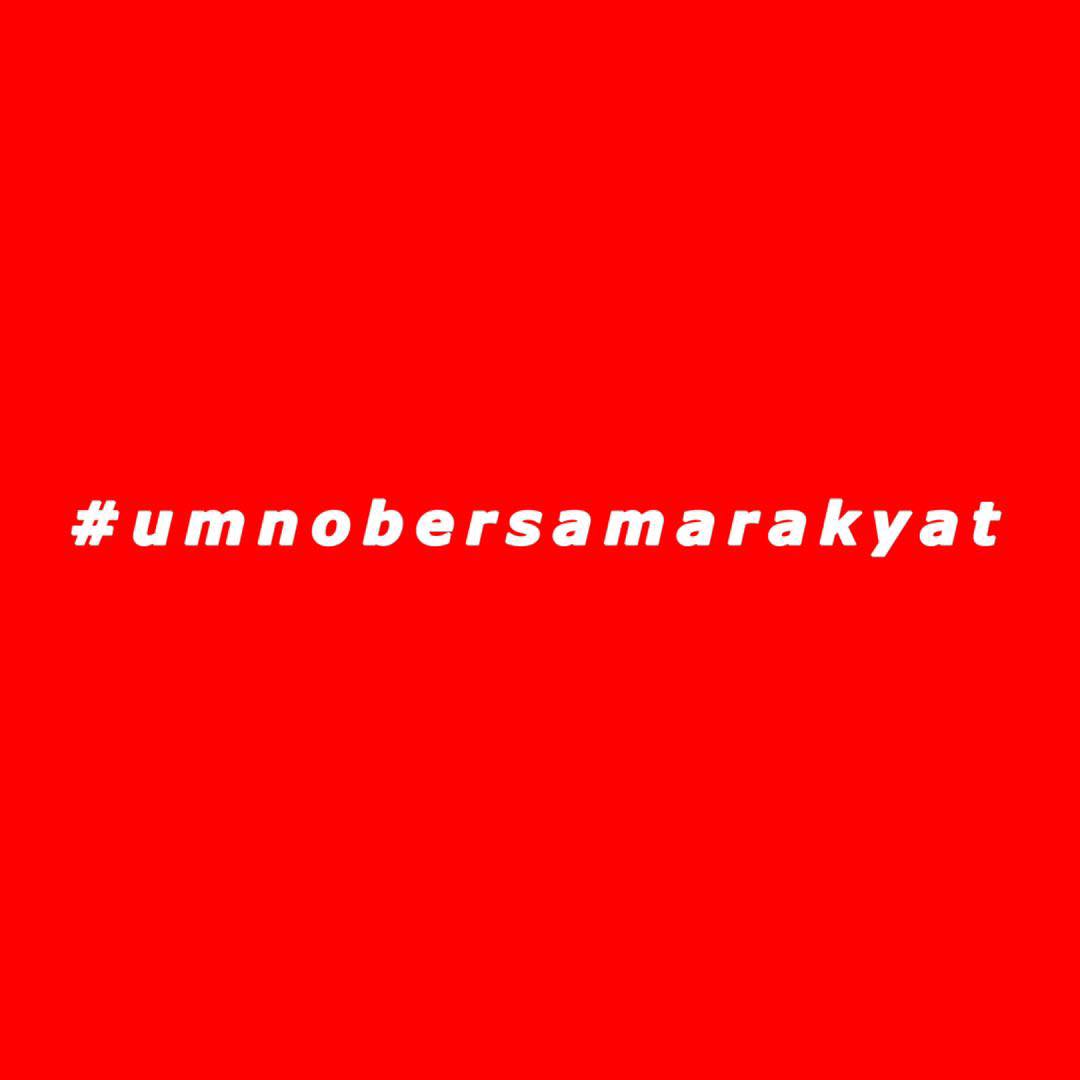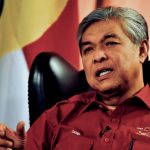UMNO’S decision to withdraw support for the Prime Minister gets mixed reactions. Some agree, not few criticizes it.
However, there is no denying that the 7 failures of Perikatan Nasional government as listed by Umno are the basis for the withdrawal. These failures are not only critical facts but also something that can actually be avoided if the Prime Minister/PN act quickly and willing to consider some of Umno’s recommendations.
Given that we are already in this very worrying situation, the burning question is, is the push to change the country’s leaders during escalating crisis is reasonable or selfish?
Lee Iacocca in Where Have All The Leaders Gone? lists that one criteria of a good leader is the ability to manage crises. The failure to defuse it and boost the public confidence is evidence of a leader’s weakness.
So, it is not strange if there are many situations around the world that show that changing leaders during a crisis is not only justified but also necessary. Especially after a leader failed to navigate the situation smoothly and convincingly.
Last January, Italian Prime Minister Giuseppe Conte was forced to resign after the Italian Viva party led by Matteo Renzi withdrew from his coalition due to his failure to manage the Covid-19 pandemic. In addition to witnessing the worst economic downturn after World War II, Italy at the time recorded 86 thousand deaths and was the country with the 2nd highest number of cases in Europe and the 6th highest in the world.
In August last year, the Polish Health Minister and Foreign Minister resigned after being severely criticized for failing to manage the pandemic.
A similar situation was seen in Slovakia in March 2021 when President Zuzana Caputova replaced its Prime Minister Igor Matovic and promoted Finance Minister Edward Heger as his successor when the country recorded one of the highest Covid-19 death rates in the world.
All these are among the examples of leader changes, either voluntarily or fired or as a result of losing support during a pandemic period. Some have argued that it is important for all of us to focus on efforts to combat Covid-19 and set aside any politically motivated actions.
Such a view is true but not accurate. This is because the optimism is based on the assumption that those given the responsibility to manage the pandemic are the most qualified group and able to bring about the expected recovery.
Unfortunately, in the context of Umno’s withdrawal, the opposite happened.
The Prime Minister clearly failed to manage the Covid-19 pandemic well. Not only is the economic situation not recovering but the nation’s health keeps deteriorating, frightening us all. The frontline officers were already very lethargic. The national health system is reaching maximum capacity and is at risk of being paralyze. The people are crushed and depressed.
Most importantly, all of that happened during the period of the protracted Movement Control Order and the Emergency which saw the suspension of democratic institutions such as Parliament.
So, what exactly does Umno expect from this withdrawal of support? There are few things to expect, among them:
First, the PM must admit that their previous strategies and actions have failed miserably. So, it is very superficial to continue to stick with the same plan or approach. This is a big message that must be digested with an open mind.
Second , this withdrawal can stop any rumors, riddles or speculations about the support/majority for the Prime Minister. This withdrawal will open a transparent space for a re-evaluation of the Dewan Rakyat’s trust and confidence in the PM.
Third, this withdrawal can describe more emphatically how Umno as a party is very serious with its demands related to the welfare of the people. Umno wants the people’s issue and the welfare of the country to be the main thing that cannot be compromised. It is not something that should be taken up lightly.
In fact, any offer of positions to some of its leaders will not change the stance of Umno which wants the best for the people and the country.
Fourth, we expect new confidence or hope on the people. The new leader will certainly bring a fresh hope and expectation. Thus, different strategies, approaches and more radical plans are highly desirable.
To be sure, whatever views and perceptions arising from this withdrawal of support, the change of leaders in a period of crisis is not something strange and irresponsible. Hopefully after this, anyone who is appointed or offers to lead the country will give a serious commitment.
Managing pandemic and the economic turmoil that have a domino effect globally must not be taken for granted. Only those with great souls should shoulder this responsibility.
DATUK SERI MOHAMED KHALED NORDIN
Vice President







